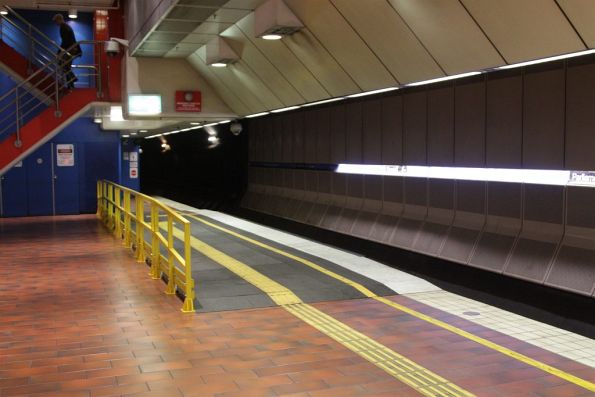
Belgium urgently needs to work on accessibility for all
Dear De Croo, dear government
It’s time we face the hard truth: the Belgian government has failed in terms of accessibility for people with disabilities, the elderly, the injured, young parents with strollers, etc. It is a shocking truth that our society remains increasingly unable to meet the needs of these groups.
It is a shame that we live in a country where public transportation is still not accessible to people with disabilities. For example, too many train stations still have no accessible entrances and elevators that don’t work. This is unacceptable and we must demand a swift change.
But the problem goes beyond just public transportation. Access to public buildings is another major issue. Older buildings often do not have ramps or elevators to accommodate people with disabilities. This is not only impractical, but downright offensive.
And let’s not forget that young parents with strollers are often overlooked, too. Many of the sidewalks and sidewalks are not wide enough for a stroller to maneuver easily, or there are stairs with no options for climbing an incline. This is a serious problem that can no longer be ignored.
It is clear that Belgium needs to take a big step forward in terms of accessibility for all. It’s time to invest in improvements and strive for a society where everyone has the same opportunities.
A law like the UK Equality Act can play a crucial role in this. This law requires organizations and institutions to ensure equal access and equal treatment for people with disabilities, such as accessible taxis (then we could also immediately allow Uber as well as maintain regular taxis – accessible – and create a new sector), trains with Accessible doors/entrances for bicycle and wheelchair users, accessible flat areas on gravel roads, etc.
Belgium should issue a similar law and implement it seriously.
Additionally, there is a clear need for people with disabilities to be represented in our government, political bodies, and media landscape as pointed out by William Boeva. It is important that this community is heard and that their perspective is taken into account in decisions that affect their daily lives.
But how can we expect people with disabilities to be represented if they are not able to independently and normally access the buildings where these decisions are made? Or if they can’t even travel by public transportation to the places where their representatives work?
Moreover, economic incentives should in themselves be a good reason for introducing such legislation. Improving accessibility for people with disabilities can lead to a larger customer base, a positive reputation for businesses and public services, better employment and overall economic growth.
In addition, an inclusive society can contribute to the development of the economy by improving health and reducing health costs related to preventable injuries and diseases that can result from inaccessible environments. In addition, people with disabilities can make valuable contributions to the economy and society as a whole with their unique skills and talents.
In short, implementing accessibility measures for persons with disabilities is not only a matter of fairness and equal opportunity, but also an important step towards a healthier, more inclusive, and economically prosperous society.
So, dear Mr. De Croo, as a little test, I would like to invite you to transfer to a wheelchair and travel from Braquel to Brussels to go to work.
I would like to add a tip that you must call and book at least 24 hours in advance to get some assistance from NMBS.
good luck! I’m already looking forward to the result.”

“Travel enthusiast. Alcohol lover. Friendly entrepreneur. Coffeeaholic. Award-winning writer.”
